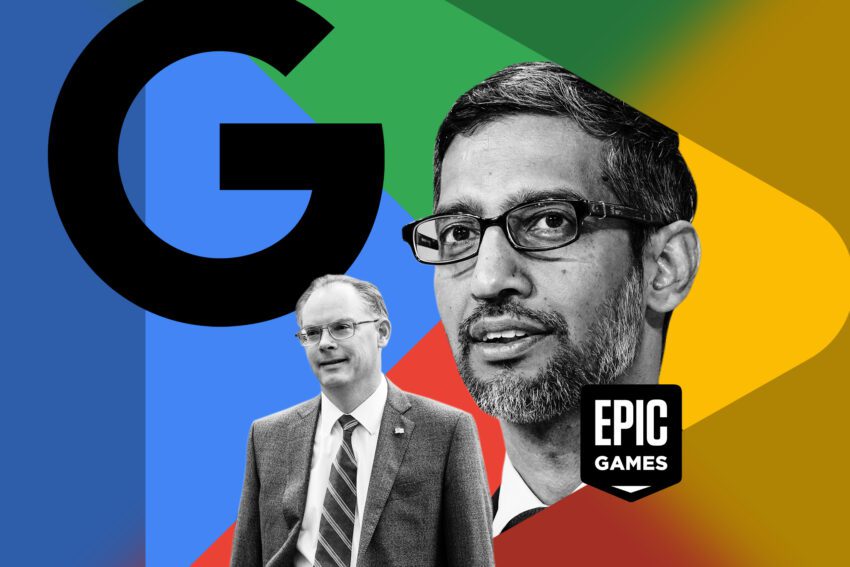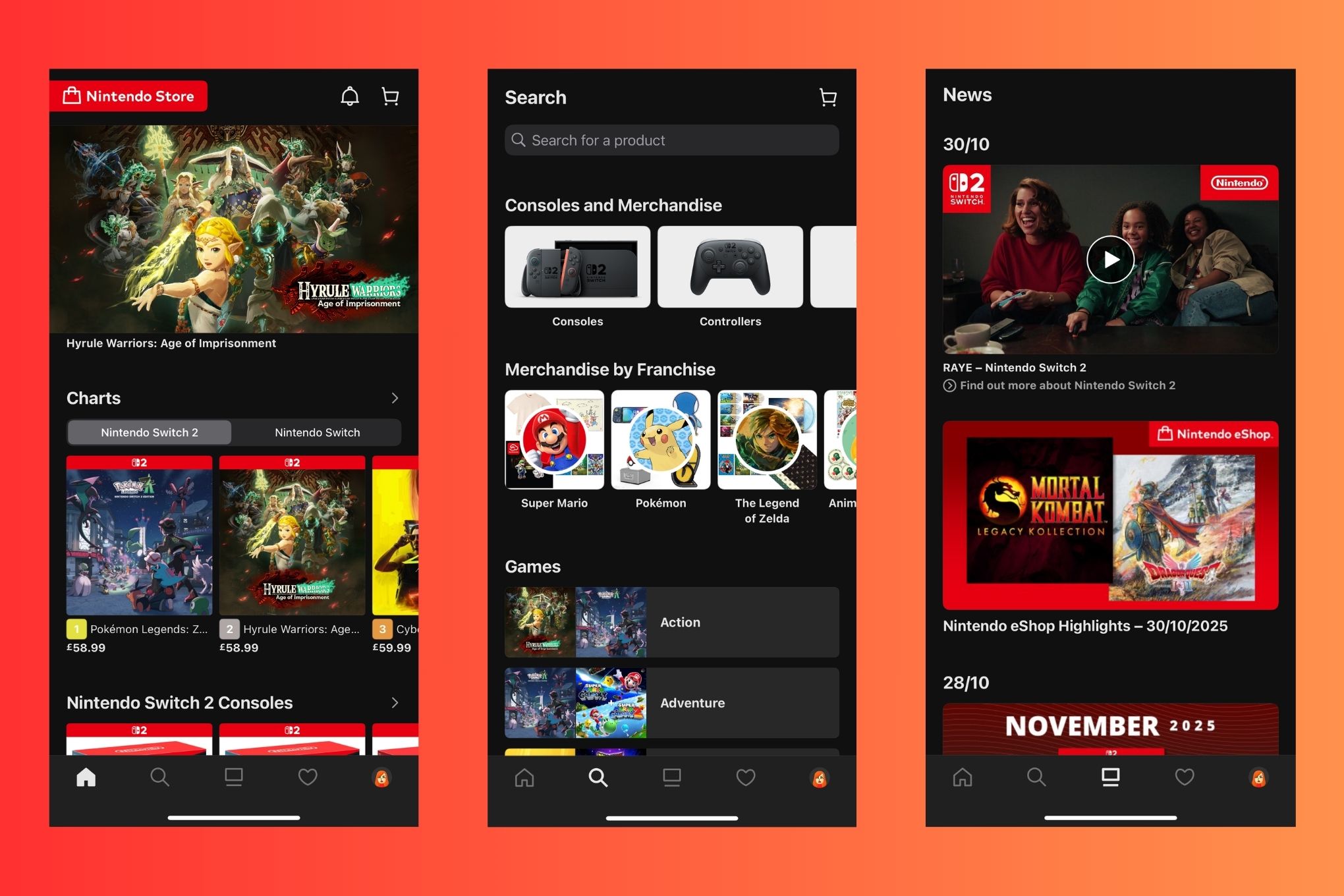
epic and google agree to settle their Epic Games and Google have reached a settlement in their ongoing legal battle, potentially reshaping the future of the Android ecosystem and app distribution globally.
epic and google agree to settle their
Background of the Lawsuit
The legal conflict between Epic Games and Google began in August 2020, when Epic implemented a direct payment system in its popular game, Fortnite, circumventing Google Play’s billing system. This move led to Epic being removed from the Google Play Store, prompting the company to file a lawsuit against Google, alleging anti-competitive practices. Epic’s claims centered around the assertion that Google had created a monopoly over app distribution on Android devices, limiting developers’ options and stifling competition.
In September 2021, Judge James Donato ruled in favor of some of Epic’s demands, issuing a permanent injunction that required Google to allow rival app stores within its Google Play Store. This ruling was a significant step in restoring competition in the Android marketplace, as it mandated that these rival stores would have access to the full catalog of apps available on Google Play. However, the initial ruling was limited in scope, applying only to the United States and lasting for three years, without altering the fees Google charged for app distribution.
The Settlement Agreement
On Tuesday evening, both Epic and Google announced their agreement to settle the lawsuit, pending court approval from Judge Donato. If approved, this settlement could lead to significant changes in how Android operates globally. Google has proposed a new fee structure that would reduce its standard fee to either 20% or 9%, depending on the nature of the transaction. This is a notable shift from the previous 30% fee that Google had been charging for app sales and in-app purchases.
Key Features of the Settlement
- Reduced Fees: Google will implement a tiered fee structure, charging 20% for in-app purchases that provide a significant gameplay advantage and 9% for those that do not. This new model aims to create a more favorable environment for developers, particularly for those like Epic Games.
- Registered App Stores: Google plans to introduce a program in the next version of Android that will allow alternative app stores to register with Google. This initiative aims to elevate these stores to a status where they can be easily installed by users, thereby increasing competition.
- Global Reach: Unlike the previous injunction, which was limited to the United States, the proposed changes would apply globally. Google has committed to maintaining lower fees and supporting alternative app stores until June 2032, providing a long-term framework for competition.
- Alternative Payment Options: Developers will have the option to present alternative payment systems alongside Google Play Billing. This change is expected to empower developers to set their own prices and potentially offer lower rates for users who choose alternative billing methods.
Reactions from Stakeholders
The settlement has garnered mixed reactions from various stakeholders in the tech industry. Google’s Android president, Sameer Samat, expressed optimism about the changes, stating, “Exciting news! Together with Epic Games we have filed a proposed set of changes to Android and Google Play that focus on expanding developer choice and flexibility, lowering fees, and encouraging more competition all while keeping users safe.”
Epic CEO Tim Sweeney echoed this sentiment, stating that the proposal represents a significant step toward realizing Android’s original vision as an open platform. He emphasized that the settlement contrasts sharply with Apple’s approach, which has been criticized for blocking competing stores and limiting payment options. Sweeney remarked, “This is a comprehensive solution that genuinely doubles down on Android’s original vision.”
Implications for Developers
The proposed changes are expected to have far-reaching implications for developers across the Android ecosystem. By lowering fees and allowing alternative app stores, Google is effectively opening the door for increased competition. This could lead to a more diverse range of applications and services available to users, as developers will have more freedom to innovate without the constraints of high fees and restrictive policies.
Moreover, the ability for developers to communicate directly with customers about pricing outside of the Play Store is a significant win for transparency and consumer choice. This change could encourage developers to explore alternative business models, potentially leading to lower prices for consumers.
Potential Challenges Ahead
While the proposed settlement appears to be a step in the right direction, several challenges remain. Judge Donato must approve the settlement, and there is no guarantee that the court will accept the proposed changes. Additionally, the effectiveness of the new fee structure and the implementation of alternative app stores will depend on how Google executes these changes in practice.
Furthermore, the tech industry is watching closely to see how this settlement might influence other major players, such as Apple, Microsoft, Sony, and Valve. If the lower fees and increased competition are successful in the Android ecosystem, it could prompt similar changes in other platforms, potentially reshaping the landscape of app distribution across the board.
Future of App Distribution
The settlement between Epic and Google marks a pivotal moment in the ongoing debate over app distribution and competition in the tech industry. If approved, the changes could lead to a more open and competitive environment for developers and consumers alike. The introduction of alternative app stores and reduced fees could encourage innovation and provide users with more choices when it comes to apps and services.
As the tech landscape continues to evolve, the implications of this settlement will likely extend beyond just Epic and Google. The outcomes could influence regulatory discussions and shape the future of app distribution across various platforms. The ongoing scrutiny of monopolistic practices in the tech industry underscores the importance of fostering competition and ensuring that developers have the freedom to thrive.
Conclusion
The settlement between Epic Games and Google represents a significant development in the ongoing struggle for a more open and competitive app distribution ecosystem. With the potential for reduced fees, the introduction of alternative app stores, and greater developer autonomy, the proposed changes could reshape the future of Android and influence the broader tech industry. As stakeholders await the court’s decision, the implications of this settlement will be closely monitored, with the potential to impact developers and consumers for years to come.
Source: Original report
Was this helpful?
Last Modified: November 5, 2025 at 6:39 pm
1 views















